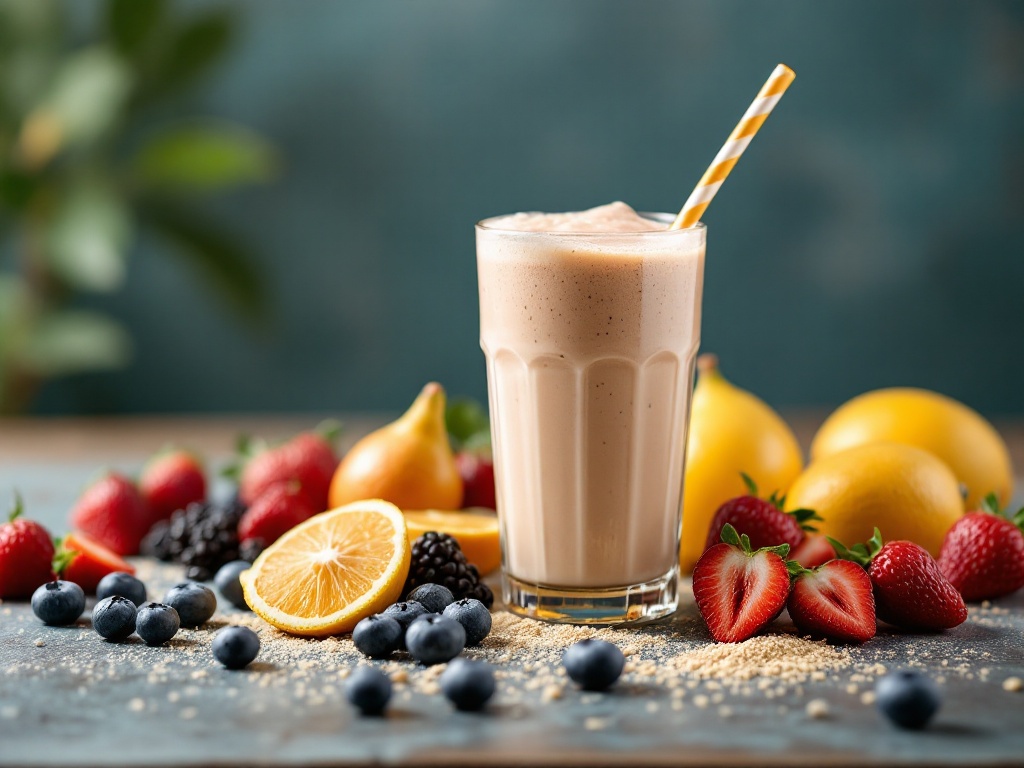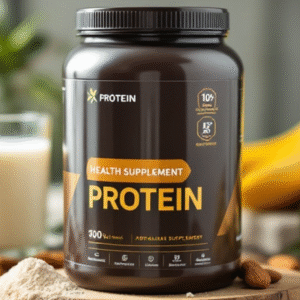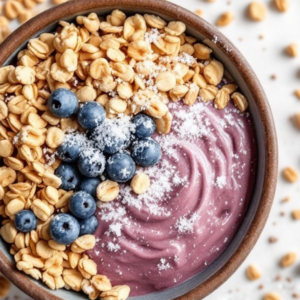
Post-workout nutrition is crucial. It can make or break your fitness goals. Whether you’re aiming for weight loss or muscle building, avoiding common nutritional pitfalls can significantly enhance your results. Let’s dive into the most frequent mistakes and how to correct them.
1. Missing the Timing Window
Timing is everything. After a workout, your body craves nutrients. Eating within 30 minutes is crucial. This window helps replenish glycogen stores and aids muscle recovery. Missing this opportunity can slow your progress.
Why Timing Matters
When you exercise, you deplete your glycogen stores. Consuming nutrients shortly after helps restore these levels. This process is vital for muscle repair and growth. By delaying your post-workout meal, you miss the chance to maximize recovery.
Practical Tips
Plan your post-workout meal or snack ahead of time. This ensures you’re ready to refuel immediately. Simple options like a protein shake or a banana with peanut butter can be effective.
2. Inadequate Protein Intake
Protein is vital post-workout. It repairs and builds muscles. Many people underestimate their protein needs. Ensure you’re consuming enough protein. A high-protein meal or shake can do wonders.
The Role of Protein
Protein provides the building blocks for muscle repair. After a workout, your muscles are primed to absorb these nutrients. Consuming protein helps initiate the recovery process, leading to stronger, more resilient muscles.
How Much is Enough?
Aim for 20-30 grams of protein post-workout. This can vary based on your weight and fitness goals. Foods like chicken, eggs, and Greek yogurt are excellent sources.
3. Overlooking Carbohydrates’ Role
Carbs aren’t the enemy. Post-workout carbs restore energy. They work with protein to enhance recovery. Choose complex carbs like oats or sweet potatoes for sustained energy.
Carbs and Recovery
Carbohydrates replenish glycogen stores. They also create an insulin response that helps shuttle protein into muscles. This combination accelerates recovery and prepares you for your next workout.
Smart Carb Choices
Focus on whole grains, fruits, and vegetables. These options provide essential vitamins and minerals alongside carbohydrates. Avoid refined sugars, which offer little nutritional value.
4. Skipping Hydration
Hydration is often ignored. It’s essential for recovery. Dehydration can hinder performance. Drink water before, during, and after workouts. Consider electrolyte drinks if needed.
The Importance of Hydration
Water supports every bodily function. It aids in nutrient transport and temperature regulation. Dehydration can lead to fatigue and impede recovery.
Staying Hydrated
Monitor your urine color as a hydration indicator. Aim for a pale yellow hue. Drink regularly throughout the day, not just around workouts.
5. Misjudging Supplement Timing
Supplements can support your goals. Timing them correctly is key. For example, creatine works best post-workout. Research your supplements and plan accordingly.
Effective Supplementation
Supplements like branched-chain amino acids (BCAAs) can reduce muscle soreness. Creatine enhances strength and power. Timing these supplements post-workout maximizes their benefits.
Personalizing Your Approach
Consult with a nutritionist or trainer to tailor your supplement strategy. Individual needs can vary based on goals and dietary restrictions.
6. Ignoring Micronutrients
Micronutrients matter too. Vitamins and minerals support overall health. A balanced diet ensures you get enough. Consider a multivitamin if necessary.
Micronutrients in Focus
Vitamins and minerals play roles in energy production and immune function. They also support bone health and muscle contraction.
Ensuring Adequate Intake
Eat a variety of colorful fruits and vegetables. These foods provide a wide range of micronutrients. If dietary restrictions limit your intake, consider supplementation.
7. Eating Too Much Fat
Fat slows digestion. Post-workout, you need quick nutrients. Limit high-fat foods immediately after exercising. Focus on protein and carbs instead.
The Right Time for Fats
While healthy fats are important, they should be consumed at other times. Post-workout meals should prioritize quick-digesting nutrients for optimal recovery.
Balancing Your Diet
Incorporate healthy fats like avocados and nuts into other meals. Balance is key to a well-rounded diet.
8. Not Planning Meals
Meal planning aids success. Without a plan, it’s easy to make poor choices. Prepare meals ahead of time. This ensures you have healthy options ready.
The Power of Preparation
Planning helps you stick to nutritional goals. It reduces the temptation to opt for convenience foods that may not align with your fitness objectives.
Tips for Success
Set aside time each week to plan and prepare meals. Use containers to portion out meals for easy access.
9. Neglecting Quality Sleep
Sleep affects recovery. Poor sleep can derail progress. Aim for 7-9 hours nightly. Quality sleep enhances muscle repair and growth.
Sleep’s Role in Fitness
During sleep, your body undergoes repair processes. Hormones like growth hormone are released, facilitating muscle growth and recovery.
Enhancing Sleep Quality
Establish a bedtime routine. Limit screen time before bed and create a calming environment. Consistent sleep schedules improve overall restfulness.
10. Overconsuming Processed Foods
Processed foods offer little nutrition. They can impede recovery. Opt for whole, nutrient-dense foods. Your body will thank you.
The Downside of Processed Foods
These foods often contain added sugars, unhealthy fats, and preservatives. They can contribute to inflammation and hinder recovery.
Choosing Wisely
Focus on whole foods like lean proteins, whole grains, and fresh produce. These options support recovery and overall health.
Conclusion
Avoiding these post-workout nutrition mistakes can greatly improve your fitness outcomes. By focusing on timing, nutrient intake, and overall diet quality, you’ll be on the path to achieving your weight loss and muscle-building goals. Remember, small changes can lead to significant results.
Please take a look to our Building Muscle Category: https://titisfitness.com/category/building-muscles/
Please take a look to our high protein meals: https://titisfitness.com/category/meals/






